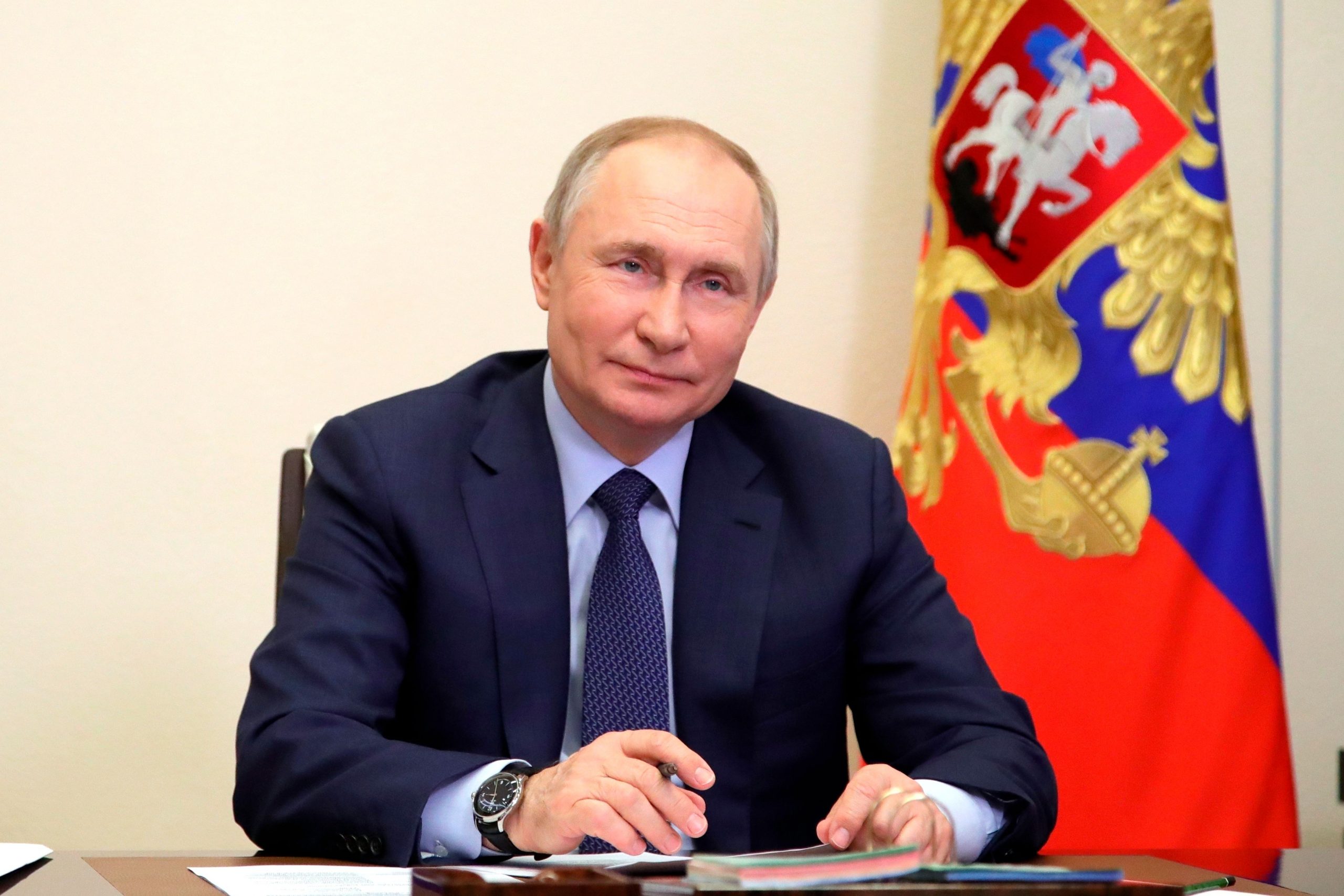Moscow mayor Sergey Sobyanin, in a blog post, Monday, said around 200,000 people stand the risk of losing jobs in the Russian capital after foreign companies have started leaving the country.
The mayor added that authorities plan to support those who risk losing their jobs by setting aside nearly 3.36 billion rubles ($41 million).
He wrote, “We continue to implement the plan to improve the sustainability of the capital’s economy. As planned, last week we approved the program to support employees at risk of dismissal. Taking into account subsidies from the federal budget, 3.36 billion rubles will be allocated for its implementation. First of all, the program is addressed to employees of foreign companies that have temporarily suspended their activities or decided to leave Russia. According to our estimates, about 200,000 people are at risk of losing their jobs”.
Also Read | Sumy in north readies for new attack as Russia proves no Ukraine city safe
Moscow has an employment assistance plan in place which includes training personnel, and employing them in temporary and public projects, while also providing incentives to other organizations for hiring them.
Since President Vladimir Putin sent troops into Ukraine on February 24, several companies have pulled out and Russia has hit back at some like Instagram, banning it for allegedly spreading fake news about Moscow’s military.
Though the government has offered help, Moscow, too, is facing the brunt of cumulative sanctions from NATO members and allies which the Kremlin has admitted has hurt its economy.
Amid the pressure, Russia has some respite with China and India agreeing to maintain trade relations. India also has a deal in place for discounted Russian oil and has agreed to a rupee-ruble payment system.
Also Read | Abandoning the pincer: What to expect in Russia’s new onslaught on Ukraine?
From the time Putin’s troops entered Ukraine, studies have shown that there’s been an increase in the consumption of drugs and alcohol, as the nation worries about the future, reflecting on the grim economic reality facing Russia.







